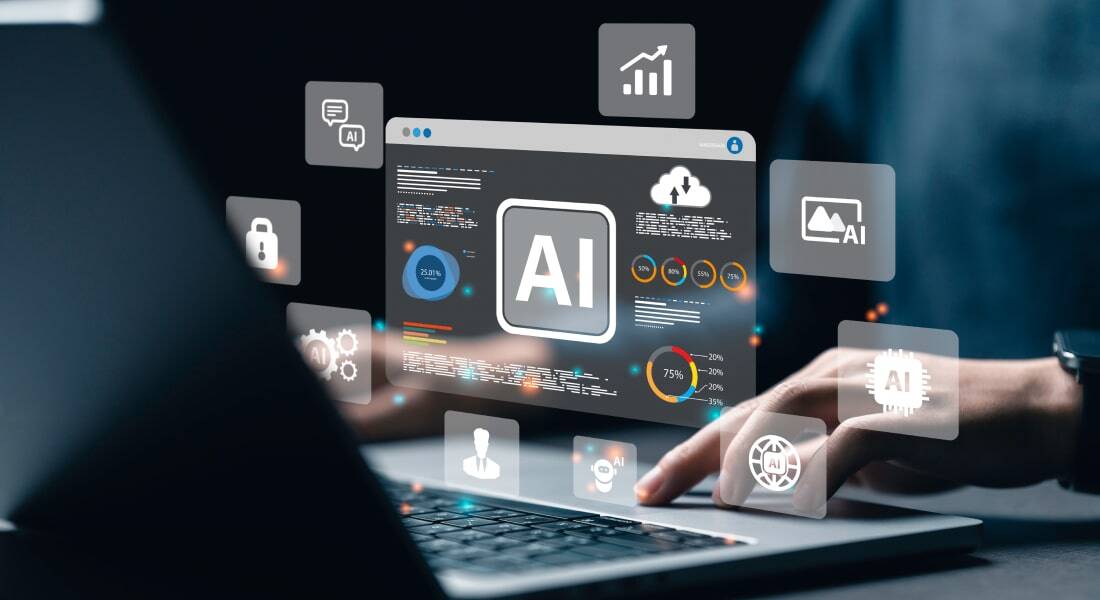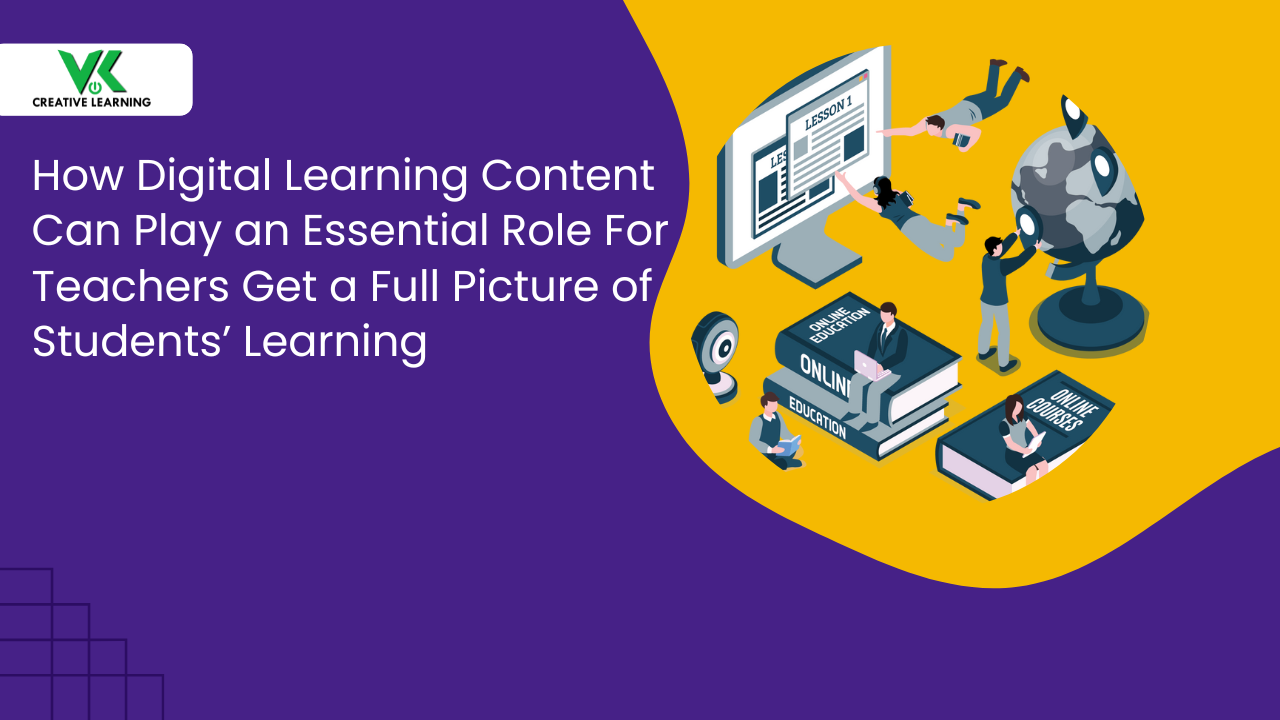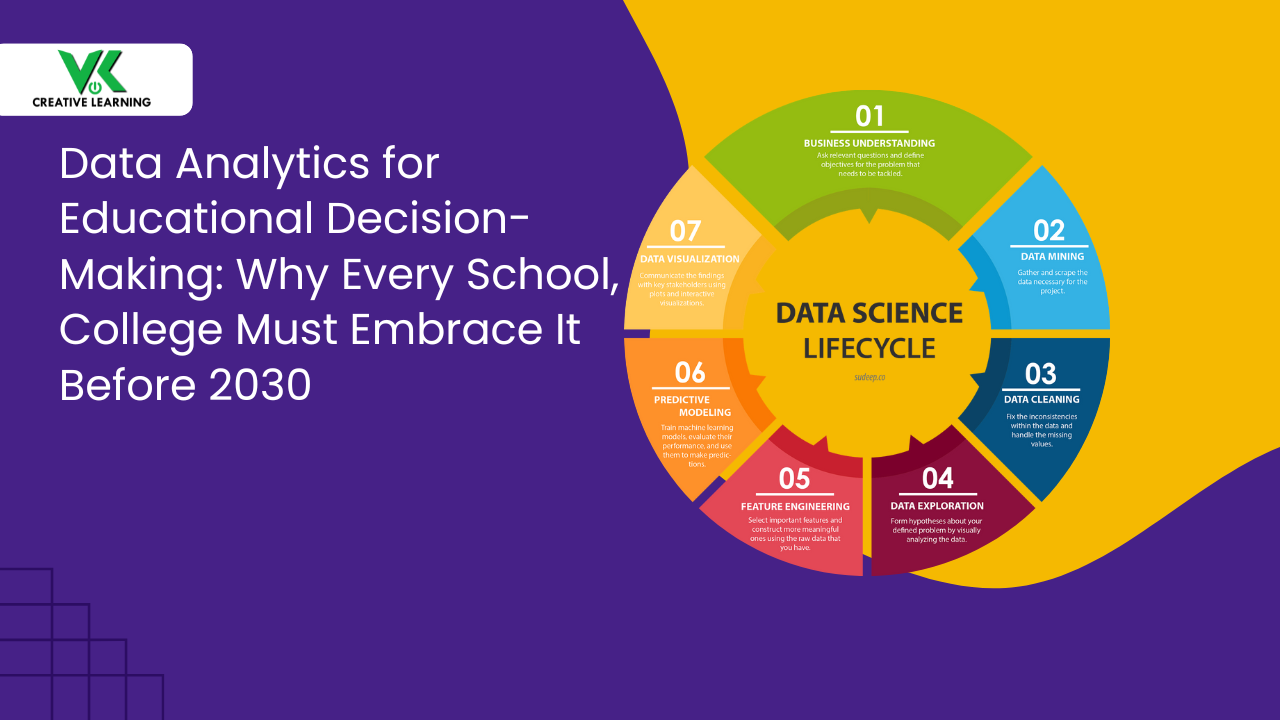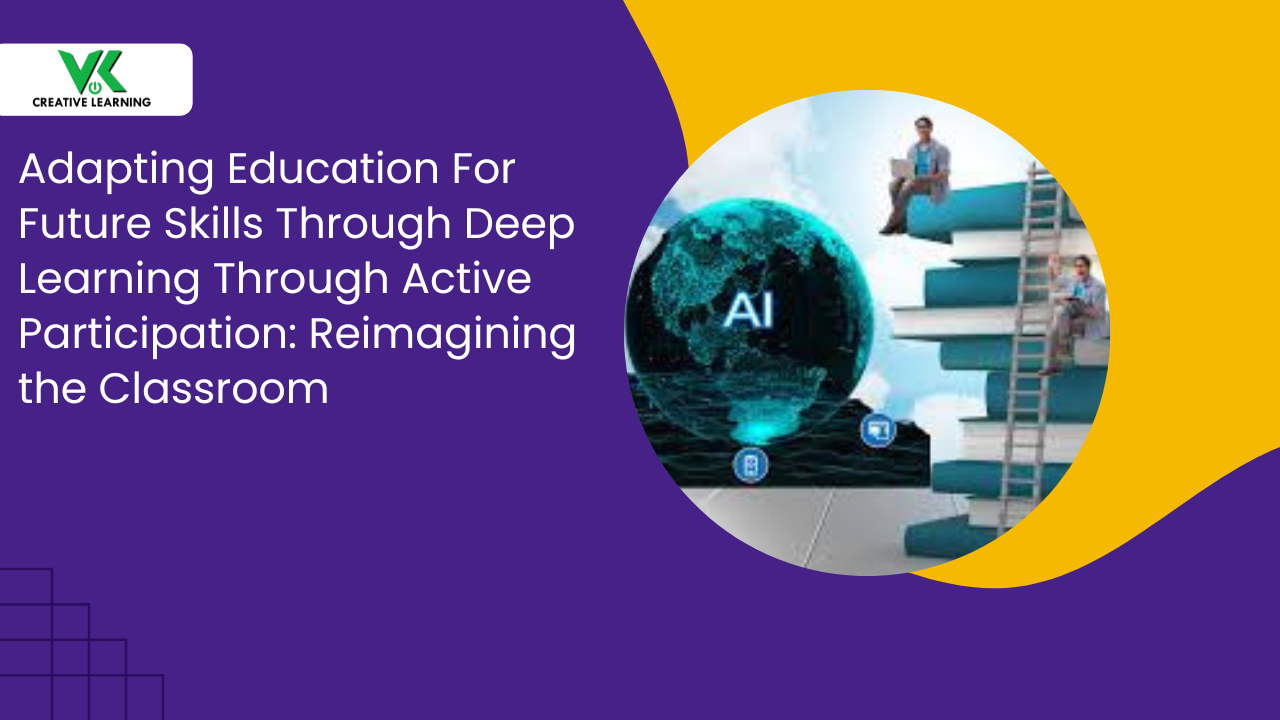E-Learning App Development in 2024: Must-Have Features and Approaches to Consider
November 11, 2024
e-learning app development isn't what it was many years ago and has come a long way, changing with the times like a speeding bullet; especially, to keep itself in sync with the changing trends. Thus, it is helpful when it comes to the educational sector as an aided teaching tool along with classroom sessions and for training purposes for firms.
Importantly, these days, the creation of e-learning apps is more than just simply watching lecture videos and taking part in online quizzes. In fact, trainees as well as students would prefer some extra mode of learning that could knock their socks off and challenge their knowledge limits.
But at the same time, there are many working professionals who need help through the virtual courseware to make learning feel like a piece of cake but it is also capable of still packing a punch.
And owing to all these varied needs, e-learning app developers have their work cut out for them as everyone wants an e-learning app that can do everything but make coffee. Elaborately put, there are expectations from e-learning app development such that the applications would be able to adapt to different learning styles, and at the same time, they would be able to keep students involved in learning activities -- making learning stick in their memories.
So as far as corporate e-learning or K-12 app development is concerned, it has been a difficult task cut out for e-learning providers -- it has been like hitting a moving target and juggling at the same time -- quite difficult, isn’t it?
Hence looking ahead to 2025, the stakes for training and educational purposes are higher than ever as intelligent apps are needed that can think on their feet (figuratively speaking, of course) and answer learners’ queries quickly. In fact, apps that understand quickly what learners’ needs are and cater to them those (address questions) accordingly.
Thus, e-learning app development in 2025 is not just about throwing fancy features in the coming years at the wall and seeing what sticks anymore. We're talking about smart, intuitive learning experiences that make learners go ‘Wow, this is exactly what I need.’
Keeping these aspects in view, we could focus on different challenges that come across during the development of apps for training as well as educational purposes along with addressing these hurdles.
Table of Contents
Challenges in Recent E-Learning App Development
- User Engagement Blues
- Technology Integration Headaches
- Personalization Problems
- Content Quality Issues
E-learning App Development as Smart Solutions for 2025
- AI-Powered e-learning Apps
- Immersive Learning Experiences
- Social Learning Integration
- Microlearning Modules
Challenges in Recent E-Learning App Development
There are a host of problems that may surface during app development and they are described below:
User Engagement Blues
Keeping users hooked to the learning materials can be, sometimes, tougher than teaching a cat to swim -- elaborately put, many apps can fail to maintain long-term user engagement with learning content.
Also, often, it may so happen that students may start strong but could lose steam -- faster than a deflating balloon. The solution: e-learning app developers need to think outside the box and come out with educational content that makes learners come back for more information.
Technology Integration Headaches
Implementing new technologies in virtual courseware can turn out to be a headache for e-learning developers -- giving migraines left and right. The situation can be difficult for firms when creating AI-based e-learning and machine-learning-based activities. Some try to force-fit technology without considering whether it actually helps learners. This leads to apps that look flashy but don't deliver the goods.
Thus, during e-learning app development, it is necessary to contemplate about possible issues incorporation of new technologies can give and list them down before finalizing the application.
Personalization Problems
A one-size-fits-all formula for e-learning courses can be as useful as a chocolate teapot, mainly because most of the apps devised using the same methodology will highly likely ignore learners’ learning styles as well as their preferences (content).
In other words, these types of virtual solutions treat all users the same way, without giving consideration to knowledge-absorbing capabilities – more like serving everyone the same kind of meal irrespective of their taste choice.
This issue can be addressed by utilizing e-learning app development which provides the option of developing customized solutions as per the clients’ and their leaners’ needs
Content Quality Issues
Content has to be considered as king ideally, but some e-learning apps serve more like a court jester with a quality of content that is not up to the mark from the perspective of uptake of knowledge for the learners.
In other words, the virtual platform provides content that may be outdated or might not have sufficient examples and images to support the text which makes them difficult for the learners to understand. These problems can be overcome by approaching e-learning app developers who employ experienced SMEs and designers who incorporate 2D or 3D animations along with simulations to make engaging content.
E-learning App Development as Smart Solutions for 2025
Given below are some of the novel methodologies that e-learning app development can provide to schools, universities, firms, and other entities who want a virtual course platform that would be smart to understand the learners’ requirements and accordingly suggest training inputs.
AI-Powered e-learning Apps
With Artificial Intelligence (AI) coming into the picture, it’s like we're cooking with gas (gone high-tech)! The best aspect about infusing AI into e-learning applications is that the apps become intelligent enough to understand at what pace learners can understand the content and accordingly feed them the content as when required.
Importantly, these smart applications can figure out at what rate the learners are picking up the concepts and utilizing them in the real world using the track progress features (embedded within the virtual courseware) and then adjust the next set of difficulty levels in the subsequent modules accordingly.
Immersive Learning Experiences
In e-learning courseware, Virtual (aka VR) as well as Augmented Reality (also called as AR) needs to go beyond the fancy add-on types of behavior. This would help students as well as trainees to deeply perceive different topics and apply them in real life.
Importantly, with the use of 2D and 3D animation models infused during e-learning app development, learners can explore various concepts thoroughly and get a further grasp over the topic. Also, this would simplify intricate concepts that are difficult to comprehend through text and easy to get in-depth insight into.
Social Learning Integration
The learning capabilities of the learners can be enhanced if they are allowed to collaborate or participate in various discussions related to a topic after it has been covered. This facility is available in customized e-learning wherein learners are encouraged to be part of virtual group study and discuss with peers on forums that help them to explore the underpinning principles in a better way and get a deeper understanding about them.
Microlearning Modules
One of the best aspects of employing e-learning app developers is that they can create virtual courseware wherein big complex topics can be digested by splitting them into multiple modules.
These modules are shorter in size (typically will consume only 10 minutes of the learners’ time) and only essential parts are covered along with multiple examples so that they can fit into the busy schedules of working executives as well as students who have to get a strong hold on multiple topics in less time. This type of learning is more like climbing a series of small steps to reach a higher ascension rather than climbing a steep mountain in one go.
Conclusion
By utilizing e-learning app development, schools, universities, and companies can create the type of learning materials that would be apt for their learners, and they would get a well-grounded knowledge about various topics.
If you want to create applications that too a customized one that would suit the learning style and speed of the learners, then you can approach a reputed e-learning app developers such as VK Creative Learning.



